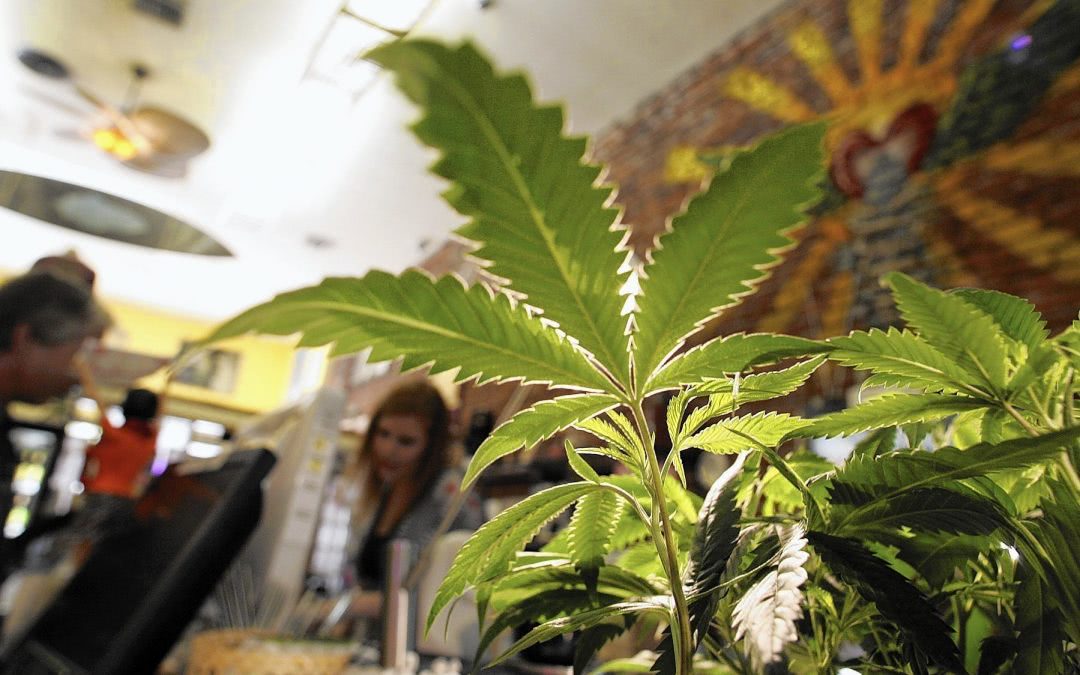Did you know that a total of 42 states in the U.S., as well as three of its territories, allow by law a certain degree of marijuana to be possessed and used? As of now, most of these
The stickiness of the matter as it relates to marijuana comes in the way of privacy, specifically as it relates to employees being tested who are using marijuana to treat a medical condition. After all, denying employment to someone with a known disability is illegal, falling right in line with age, sex, or ethnic discrimination. The momentum of this legalization wave is not only putting many human resources departments on guard, but also new hires.
They must decide:
1) whether to comply with the drug test demanded by their employer and be ousted as a drug user OR
2) refuse to take the test and not be hired.
It is a potential lose-lose for the worker.
California Legalizes Marijuana
The latest state to completely
Neither the employee nor the employer is yet
On the other hand, if a doctor has prescribed marijuana for an employee’s condition, the employer must be very careful about refusing employment, given that there is yet no indication legally on how solid the ground is for an employer. Courts in two other states where pot is legalized, Washington and Colorado, stand alongside California in upholding the employer’s right to dismiss an employee when testing positive for drug usage. But each state, at least when it comes to private enterprise, legislates its own laws regarding privacy, drug tests, and discrimination to a more limited extent.
What all of this says to human resources departments and employers in general is that a keen eye should be kept on all legal challenges to drug testing
Further, it goes without saying that human resources departments should also pay close attention to any changes to the current laws regarding both drug-testing and employees’ rights in those states in



